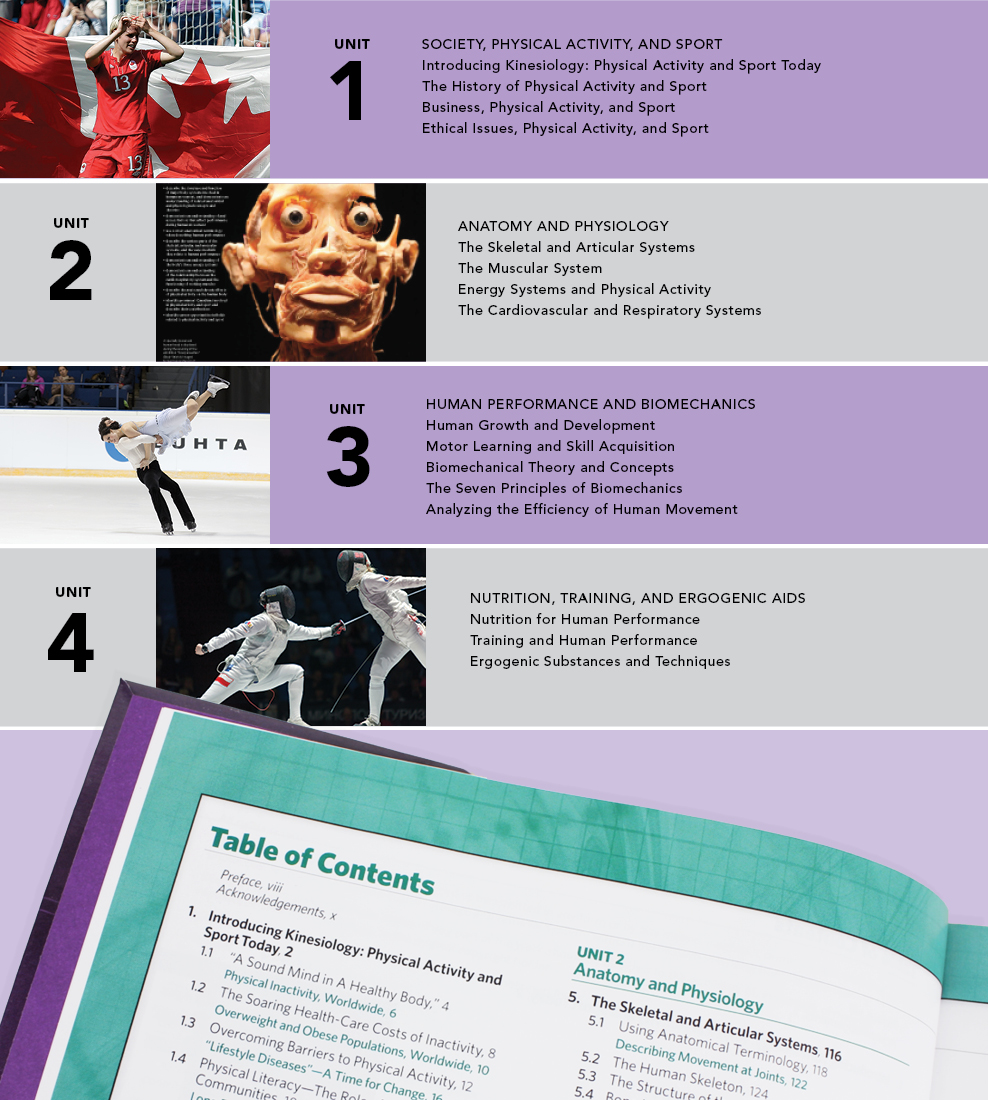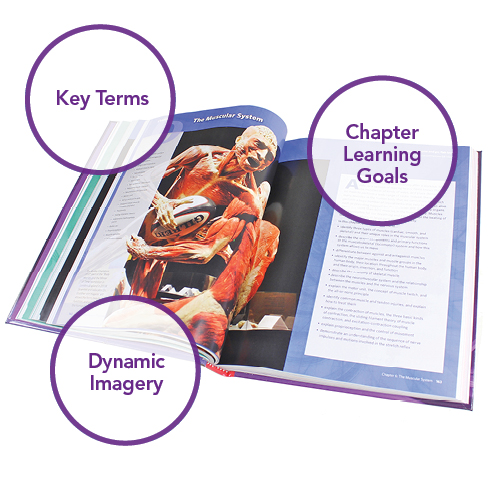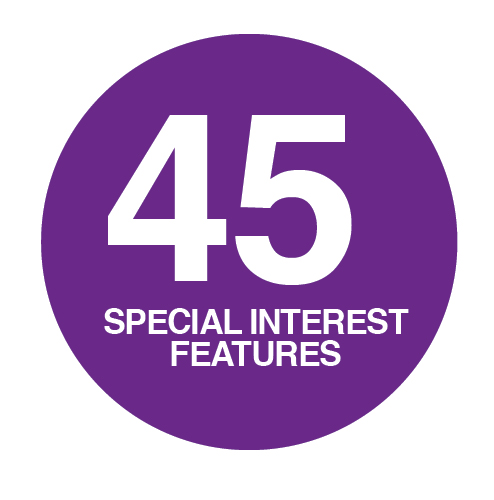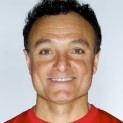



~Sokaina, Grade 12 Kinesiology student
It touches on the big topics:


~ Petja Taivassalo, Head of Health and Physical Education

The modular design of the new Textbook supports a differentiated,
student-centred approach. Adaptive to all teaching and learning
modalities, Kinesiology is truly a textbook for the 21st century. We
understand that each class is unique. Kinesiology can be adapted to
your specific delivery needs to help more students succeed.
PSK4U tightly integrates bio-scientific and socio-cultural themes, and
units are composed to allow teachers to toggle between these
areas, co-constructing the course with the class to engage students
and help them excel in the course. Kinesiology was designed to
support the teacher-student relationship, which is critical to
student success.

Ted Temertzoglou is a graduate of the University of Toronto and Brock University and a recognized leader in the physical literacy movement. He is the author of many works in this area and has been welcomed as a keynote speaker across Canada and abroad.

James Mandigo's research focusses on youth and the development of life skills through physical education and sport. He is a past president of Ophea and has earned numerous awards, including an Award for Distinguished Teaching and an Award for Teaching Excellence.

Lori Livingston has had a distinguished teaching, research, and administrative career. Her research program spans a number of areas of interest, including the prevention of catastrophic injuries in sport and recreational activities.

Paul Challen is a graduate of Dartmouth College in the U.S. and Queen's University. He is the author of many popular books. In 1985, he was a member of Canada's national junior cross-country running team at the IAAF World Championships in Portugal.

Brian Roy served as the Director for the Centre for Bone and Muscle Health, and is the Chair of the Brock University Bioscience Research Ethics Board. His areas of research include muscle metabolism during physical activity and the effects of dietary supplementation.